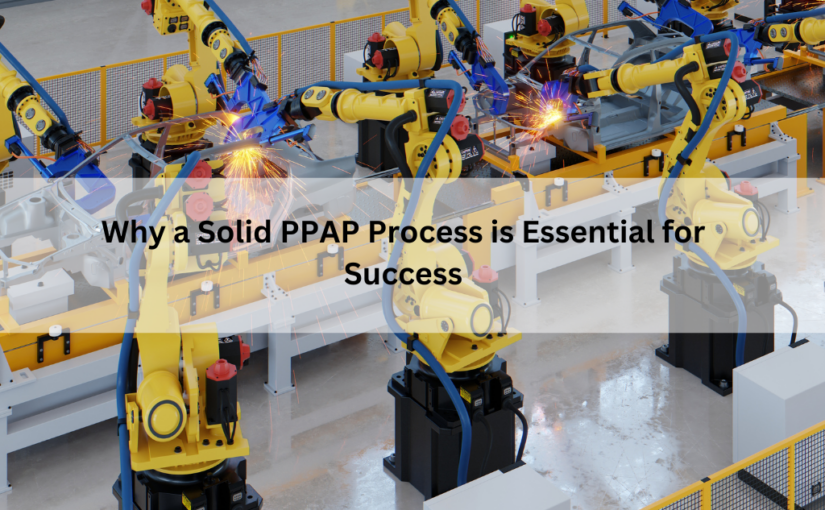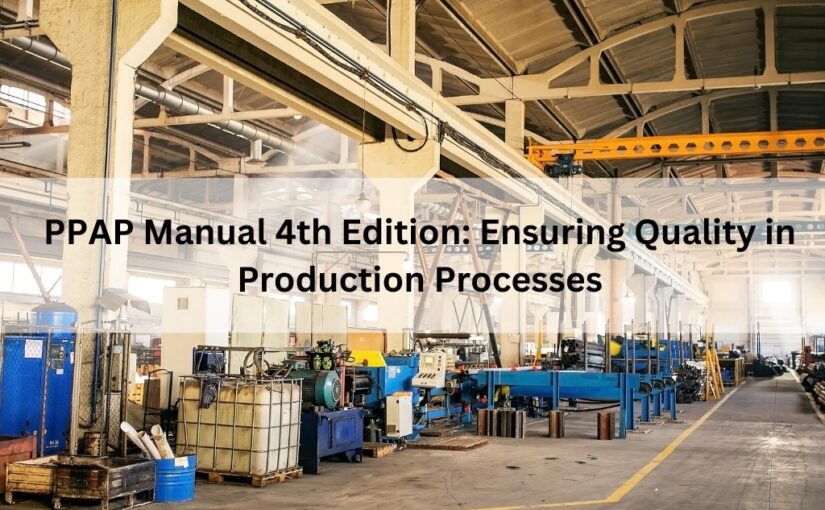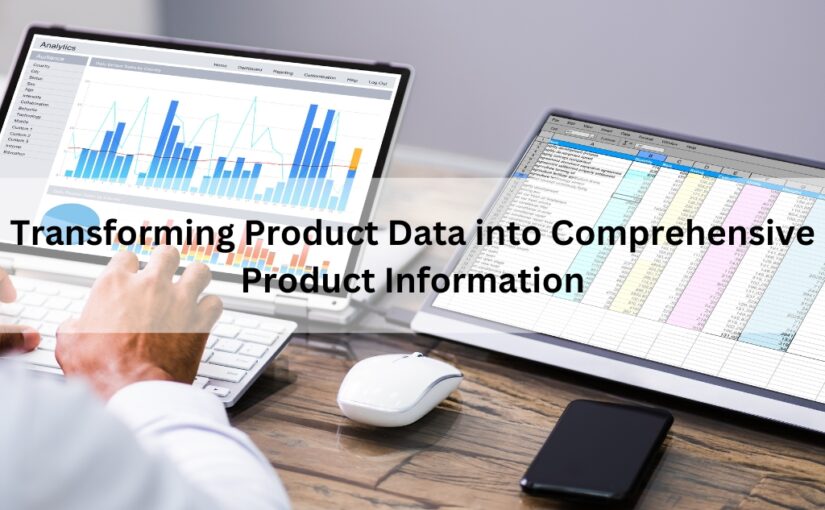Data Accuracy: The Key to Improving Efficiency and Maintaining Quality
 Manufacturing companies with multiple sites spread across the globe are often faced with the challenges of data inaccuracy. For instance, different locations of their office may use different systems which, added to the lack of standardization and synchronization, could lead to data discrepancies over the years. Effective management of MRO involves enriching and integrating raw data and making it more usable, precise and informative.
Manufacturing companies with multiple sites spread across the globe are often faced with the challenges of data inaccuracy. For instance, different locations of their office may use different systems which, added to the lack of standardization and synchronization, could lead to data discrepancies over the years. Effective management of MRO involves enriching and integrating raw data and making it more usable, precise and informative.
Data inaccuracy could result in increased cost, in addition to having a negative impact on efficiency and production quality. In general, data that is inaccurate, non-conforming or missing can give rise to undesirable consequences such as:
- Causing harm to the production
- Unexpected and unwanted machine downtime
- Inability to find the equivalent cross-reference/replacement
- Damaged reputation and decreased revenue
The Why and Wherefore of Data Inaccuracy
While the likelihood of occurrence of error cannot be ruled out, care can be taken to ensure that it does not permeate into the system, causing further damage. The sources of errors can be an ambiguity in measurement, maintenance lapse or simply, an entry being mistyped.
Data inaccuracy can occur due to any or all the following:
- Missing Data: Fields that should contain core data are empty.
- Wrong or inaccurate data: Information has not been entered correctly or maintained.
- Inappropriate data: Data that’s been entered in the wrong field.
- Non-conforming data: Data that hasn’t been normalized as per the guidelines.
- Duplicate data: A single item occupies more than one record in the database.
- Poor data entry: Misspells, typos, transpositions, and variations in spelling, naming or formatting.
Quality over Quantity
Experience tells us that even a minor error in the input can get magnified and lead to huge output errors. Data integration involves gathering and merging data from different sources to provide information that is valuable, trusted and relevant. It is not recommended to gather ‘as much information as possible’ unless it can be verified for authenticity and whether it comes from trusted sources. It is important to ensure data quality rather than quantity so that further application of the data will also be flawless.
Data enrichment helps to uncover existing challenges and to offer structured, consistent and accurate data. The key to discovering meaningful results and useful information pertaining to an item is to research the right information. A unified approach to data enrichment can guarantee precision and validity of data. Specific standards and practices for data enrichment ensure the accuracy of the data being enriched.
Data Quality Assurance
Data Quality assurance comprises of identifying data inconsistencies and making the necessary correction. Data quality services enable the customer to maintain the quality of their data and to ensure the data integrity. The efficiency of the product is directly dependent on the quality of data.
Data Quality Management makes data more reliable, accessible and reusable by improving completeness, accuracy, conformity and consistency of data.










